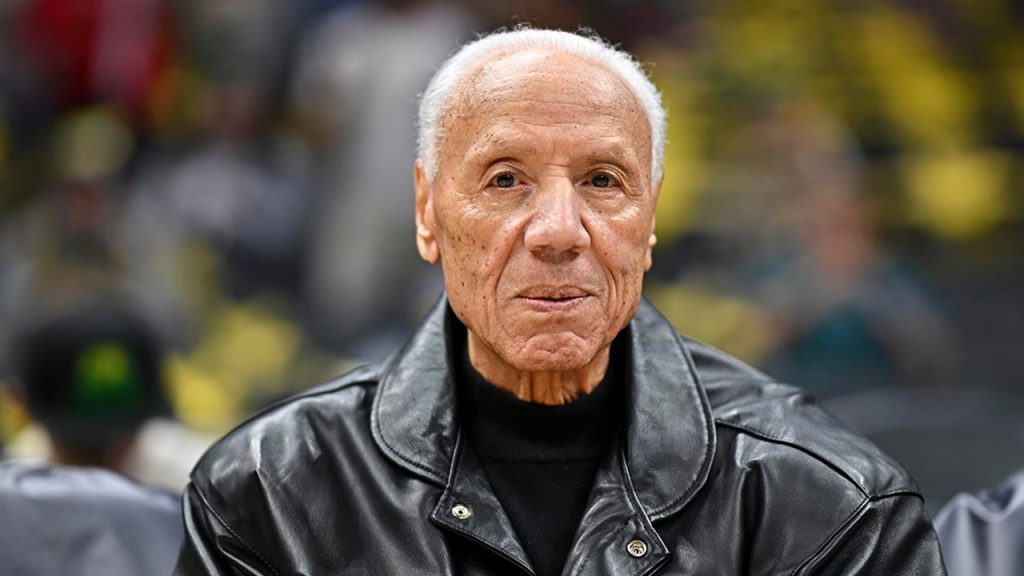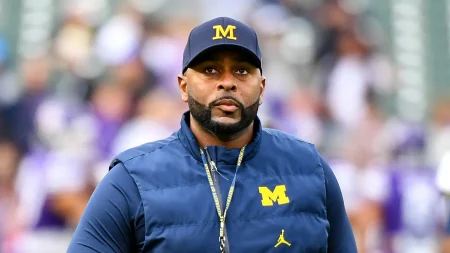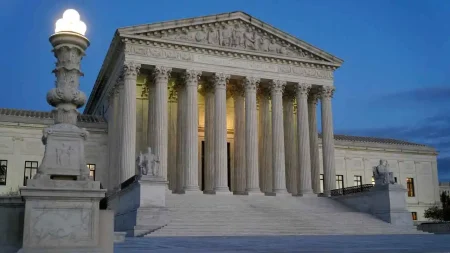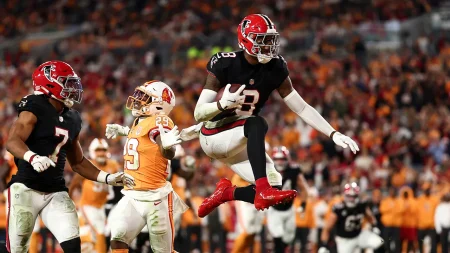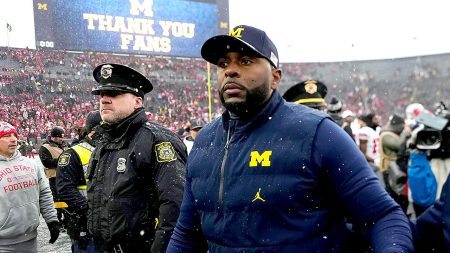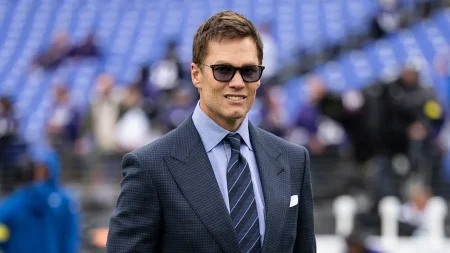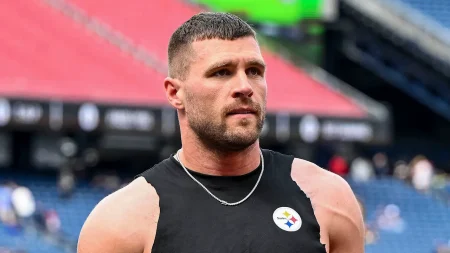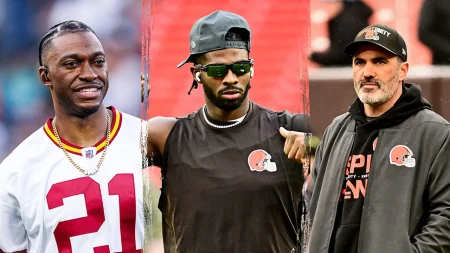Lenny Wilkens: Remembering a Basketball Legend
Lenny Wilkens, a towering figure in basketball history who passed away Sunday at age 88, embodied the rare distinction of excellence both on and off the court. As NBA Commissioner Adam Silver noted, Wilkens “represented the very best of the NBA,” earning the extraordinary honor of being named among both the league’s 75 greatest players and 15 greatest coaches of all time. This dual recognition speaks volumes about a man whose basketball journey began somewhat improbably—he didn’t even play the sport until his senior year of high school in Brooklyn. Yet this late starter would go on to become one of only five individuals ever enshrined in the Naismith Basketball Hall of Fame as both player and coach, joining the elite company of John Wooden, Bill Sharman, Tom Heinsohn, and Bill Russell.
Wilkens’ playing career spanned 15 remarkable years in the NBA, beginning when the St. Louis Hawks selected him in the first round of the 1960 draft after his standout college career at Providence. Despite a brief interruption for military service in his second season, he quickly established himself as a cornerstone for the Hawks, leading them to six consecutive playoff appearances. Standing just over six feet tall, Wilkens defied physical limitations with his basketball intelligence and skill, making five All-Star teams during his Hawks tenure while averaging an impressive 15.5 points, 5.5 assists, and 4.9 rebounds across 555 games. His impact was so profound at Providence College that he became the first player in school history to have his jersey retired, a testament to his collegiate achievements as a two-time All-American who guided the Friars to their first NIT appearance and an NIT finals berth.
The trajectory of Wilkens’ career took a significant turn when he was traded to the expansion Seattle SuperSonics in 1968, where his already impressive skills reached new heights. His first season with Seattle saw him average 22.4 points, 8.2 assists, and 6.2 rebounds, followed by a league-leading 9.1 assists per game the next year. Then came a pivotal moment before the 1969-70 season when SuperSonics general manager Dick Vertlieb appointed Wilkens as player-coach, a challenging dual role that demonstrated the organization’s profound trust in his leadership abilities. This trust proved well-founded when, in his third year occupying both positions, Wilkens led Seattle to its first winning season, showcasing his unique ability to set the tone both on and off the court. His playing career continued with stints at the Cleveland Cavaliers and Portland Trail Blazers, where he also served as player-coach before transitioning fully into coaching. By the time he hung up his jersey, Wilkens had accumulated 7,211 assists over 1,077 games, ranking him 17th on the NBA’s all-time assists list.
Wilkens’ coaching career would prove just as illustrious as his playing days, reaching its pinnacle when he returned to Seattle for the 1977-78 season and guided the SuperSonics to the NBA Finals victory over the Washington Bullets—securing the franchise’s first and only championship. This accomplishment highlighted Wilkens’ remarkable ability to translate his deep understanding of the game into effective leadership and strategic brilliance from the sidelines. His coaching journey would continue with impressive tenures at the Cleveland Cavaliers, Atlanta Hawks, Toronto Raptors, and New York Knicks, compiling a lifetime regular-season record of 1,332-1,155 (.536) over 2,487 games, with an additional 80-98 record in playoff contests. These statistics tell only part of the story of a coach who was respected not just for his tactical acumen but for his dignified presence and ability to connect with players.
Beyond the numbers and achievements, what made Lenny Wilkens truly special was his character and the quiet dignity with which he approached the game. As a smooth left-handed player who made nine NBA All-Star teams and twice led the league in assists, Wilkens embodied basketball elegance. But perhaps more importantly, he served as a respected ambassador for the sport, breaking barriers and setting standards of professionalism that influenced generations of players and coaches. His journey from a Brooklyn kid who discovered basketball late to becoming one of the most influential figures in the sport’s history is a testament to determination, intelligence, and adaptability. Wilkens never sought the spotlight, preferring to let his work speak for itself—whether that was through his crafty playmaking on the court or his strategic brilliance from the bench.
The passing of Lenny Wilkens represents the loss of a true basketball pioneer whose influence on the game transcends statistics and championships. His legacy lives on in the countless players and coaches he mentored, the fans he inspired, and the standard of excellence he established throughout his remarkable career. Few individuals in sports history have demonstrated such comprehensive mastery of their craft from multiple perspectives. Wilkens’ unique ability to succeed brilliantly as both player and coach reflected his deep understanding of basketball’s nuances and his gift for communication and leadership. As the basketball world mourns his loss, it also celebrates a life fully lived in service to the game—a life that embodied the highest ideals of sportsmanship, dedication, and quiet excellence. Lenny Wilkens didn’t just play and coach basketball; he elevated it through his presence, leaving the sport fundamentally better than he found it.



